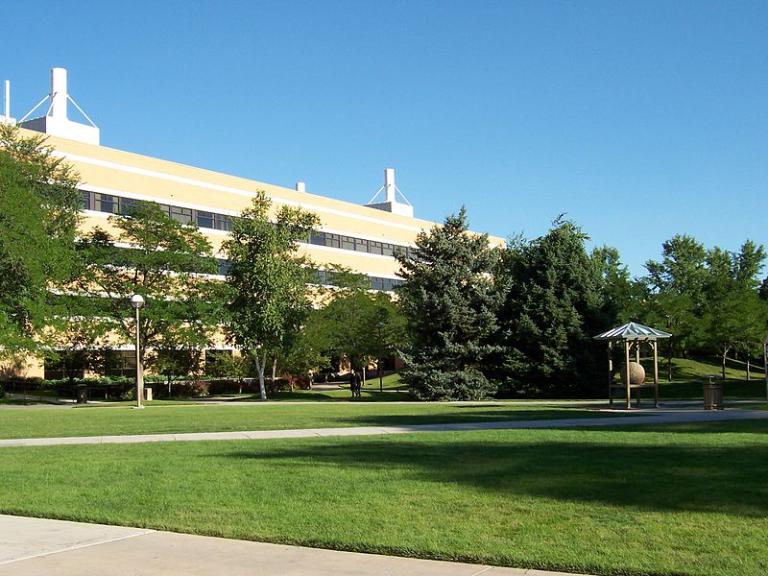
Raising such issues as the archaeology of the Book of Mormon, the character of Joseph Smith, early Latter-day Saint polygamy, and the origins of the Book of Abraham, a critic posting on my Facebook page suggests that among the reasons for rejecting Mormon responses to these and related questions is the (alleged) fact that they “were explored largely within the confines of the Joseph Smith Building at BYU, and under the supervision of the church’s own paid professional religious scholars.”
Both portions of the quoted comment are false.
Such issues were not “explored largely within the confines of the Joseph Smith Building at BYU.” During my decades of involvement with LDS writing on these topics, people housed in BYU’s Joseph Smith Building were relatively uninvolved in them. (I’m acutely aware of this because I sometimes found their lack of involvement a tad frustrating.) Instead responses on these topics came from other people around campus and beyond — e.g., from John Sorenson and John Clark in Anthropology, Stephen Ricks in my own Department of Asian and Near Eastern Languages, Jack Welch at BYU’s law school, Noel Reynolds in Political Science, William Hamblin in History, and so forth.
Of the authors and current leadership for the Interpreter Foundation, relatively few are affiliated with BYU and very few are housed in the Joseph Smith Building.
And this isn’t merely a quibble.
Why not? Because the second and more weighty proposition advanced by this critic is that these crucial questions “were explored largely . . . under the supervision of the church’s own paid professional religious scholars.”
The only substantive significance of this second allegation would seem to be the insinuation that, to some greater or lesser degree,” “paid professional religious scholars” cannot be trusted to be fair or objective in their research and writing on topics that implicate their personal financial interests.
Now, very obviously, making an allegation like this teeters perilously on the brink of the logical fallacy known as “poisoning the well,” which is a subspecies of the ad hominem fallacy.
In fact, I think that this particular critic has gone beyond mere teetering. (John Gee’s discussions of the Book of Abraham, for instance, demand examination on their merits, not on the basis of BYU accounting or the source of his income, which is quite irrelevant.)
But I’ll leave that aside.
It’s important to be clear that writing on Mormon subjects wasn’t a particularly good career for BYU faculty in Anthropology, Political Science, Law, Asian and Near Eastern Languages, or History. There was and is no expectation in such departments that one will publish on Mormon-related subjects. In some cases, in fact, such writing could actually count against one’s salary increases or rank advancement.
At a minimum, people devoting themselves to faithful Mormon scholarship have done so with little or — in most cases — no institutional support or encouragement, and on their own time. This has certainly been true for scholars not employed at BYU or by the Church.
Thus, to insinuate that such authors were influenced, or their work warped, by financial self-interest is both unjust and disingenuous. To be charitiable about it, it has no merit.
I’ve responded to varying forms of this criticism for decades now. It appears that I’ll be obliged to continue to respond to such criticisms for the rest of my life.










